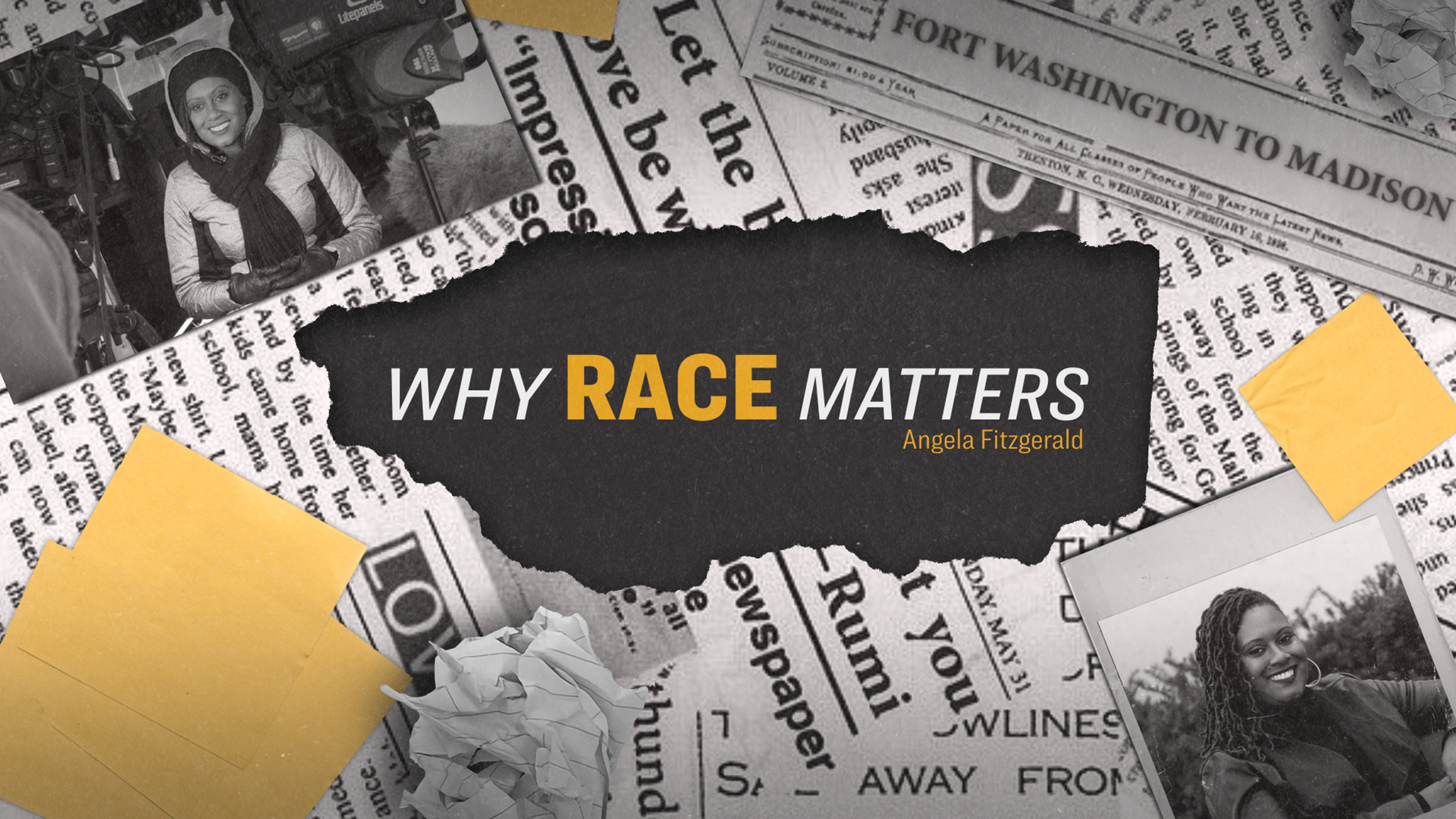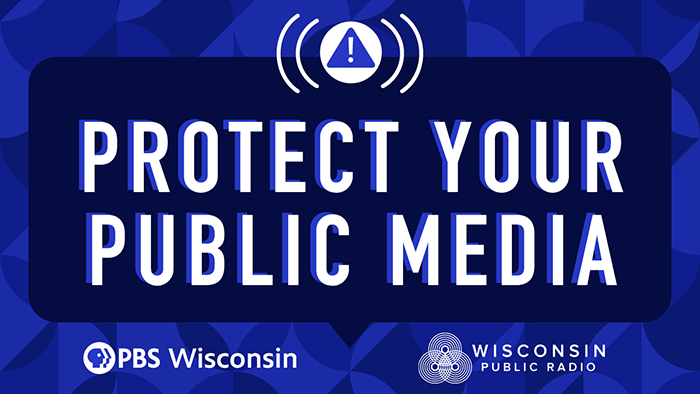Zac Schultz:
Earlier this week, Donald Trump spent his day off from his criminal trial in New York to visit Wisconsin for a rally in Waukesha. During the speech, Trump repeated his lie that the 2020 election was stolen.
Donald Trump:
The radical left Democrats rigged the presidential election in 2020 and we’re not going to allow them to rig the presidential election in 2024. We won’t have a country left.
Zac Schultz:
Again, the 2020 election was not stolen, but we show you that clip because the “big lie” relates to a rule change currently being proposed by the Wisconsin Elections Commission. The rule would determine how close election observers can get to voters when they cast a ballot at the polls and Republicans recently announced they plan to recruit 100,000 election observers nationwide in an effort to “make sure that victory can’t be rigged.” Joining us now is Eileen Newcomer, voter education manager at the League of Women Voters of Wisconsin. Thanks for your time today.
Eileen Newcomer:
Thanks for having me.
Zac Schultz:
First, let’s start with what an election observer is and why would the Republicans want to recruit another 100,000 of them for 2024?
Eileen Newcomer:
Sure, yeah and one thing I think that is important to know, here in Wisconsin, election observers have more access than they have in other states, but with that access comes additional regulations and responsibilities of election observers. So an election observer is anyone who is interested in seeing how elections are run. They can go into the polling place and observe what’s happening. They can observe during early voting. They can observe the pre-election equipment testing, audits, recounts, a whole bunch of different things. I think it’s a really great opportunity for anyone who wants to learn more about how our election system works to go and be an observer so that they can see for themselves how it works.
Zac Schultz:
So I’ve obviously covered the polls at prior elections. Election observers are not new as you’ve said. Most of the time, they just kind of sit in a chair in the corner and don’t do very much. Many of the ones I’ve spoken to on prior Election Days say they’re quite bored. What kind of fraud or riggings are they supposed to be looking for?
Eileen Newcomer:
I know we train our election observers to understand what the normal process looks like so that they can identify if there’s a deviation of the normal process, and if it — it can be something as simple as the registrar not fully understanding all of the proof of residence options and wrongfully sending some away because they thought that something that was an acceptable proof of residence option isn’t. So in that situation, we would talk to the chief inspector and often it’s just solved right there. So it really is kind of the minutia and mechanics of elections that observers are there to witness and to see. And to the comment about they’re not really doing that much, they really are there to observe, to witness, to document, to report things that they see, if they want to escalate it, if they’re not certain about something, and that really has been something that’s been happening in our state for many, many years and that the league has been running our election observer program for over 10 years now.
Zac Schultz:
So let’s talk about the rule change, because part of this has to do with how far away an election observer needs to be from the voter or from certain areas and it’s this range of three to eight feet. Why is that important and what difference can that make?
Eileen Newcomer:
Sure, and I do want to clarify something. The three- to eight-foot rule for election observers is actually in statute. So that’s not something that is really going to change with this proposed rule because that’s in the law and the elections commission can’t supersede something that is in state law. I think the three- to eight-foot range does give — is there to give poll workers some flexibility of where to station election observers, where they can see what’s happening, but not interfere with the voting process, not interfere with poll workers who are trying to conduct the elections, not interfere with voters who are there to cast their ballot and exercise their right to vote. And I do think that three to eight feet is enough space for you to see what’s happening and what’s going on. I do know that some people want to be closer, but three feet is really a short distance even of itself and you can see what’s happening with the current guideline that’s in place.
Zac Schultz:
Now, these rules apply to all scenarios, not just the voting booth on Election Day, as you mentioned. And there’s central counts where there’s been a lot of controversy, specifically in the city of Milwaukee. If there’s a recount, election observers can be in those places as well. What kind of roles do they play there as far as witness signatures and absentee ballots and what kind of — I don’t want to say chaos, but what could happen if someone who is untrained or new people coming in trying to create this image of fraud that may not be real, what could happen if they’re there.
Eileen Newcomer:
So if somebody is at central count, I know the things we train our observers to look out for is just making sure that they are properly processing the ballots. Not counting them before 8:00 p.m. because those are the rules and so we want to make sure that that is being conducted fairly. And they’re also keeping an eye out for if ballots are being rejected, why are they being rejected. That could be because there’s a missing witness address on the absentee ballot certificate. Maybe the voter didn’t sign. Things like that are the kinds of things we’re looking for there. And the way that it does run and really should run is that observers, if they have an issue, they have a point of contact of who they talk to to figure out more information about that issue, whether maybe it’s their misunderstanding of how things should be operating or if it is a legitimate concern, then they can be addressed in real time. With that point of contact, it also means the observers should not be talking to every individual poll worker who is at the location and disrupting their work as well. And then also the chief inspector, or in the case of Central Count, usually the clerk is the one running them, they maintain control of the location. So if they ask somebody to leave because they’re being disruptive, that person is required to leave. So there are a lot of safeguards to make sure that people can witness what’s going on and to see how transparent our process is, but if they’re unruly or disruptive, to have those people leave so that the elections can still go on.
Zac Schultz:
Is there a rule for observers to observe other observers in this sense? Maybe people who are new to this process and don’t know what they can object to or how they can interfere and insert themselves into the middle of the voting process?
Eileen Newcomer:
Certainly. I know our observers, they monitor everything that’s going on including if there are other observers there and if they’re being disruptive, and if they’re being disruptive and nobody is doing anything about it, they will escalate that to the chief inspector and say, “Hey, you’re responsible for maintaining this polling place. This person is being incredibly disruptive. Maybe they’re intimidating a voter. Maybe they’re preventing a poll worker from doing their job and that that person should leave.” If at that point the chief inspector doesn’t do anything, we do have routes to escalate that further and make sure that the calmness of the polling place is maintained.
Zac Schultz:
We’ve got just a few seconds left. Talk to me about this rule and whether you believe it will actually be in place by this fall because the Legislature can wipe out rules at a moment’s notice. There’s all sorts of lawsuit threats out there.
Eileen Newcomer:
We really support the rule as drafted. We know there’s been a lot of work that’s gone into it. A lot of voices have been listened to in drafting the rule itself. I am always hopeful that it will be in place by the fall elections, but realistically, it probably won’t be in place until next year just because the Legislature has ended their session. So I think that’s where it’s at right now.
Zac Schultz:
All right. Well, thank you very much for your time today.
Eileen Newcomer:
Thank you for having me.
Search Episodes

Donate to sign up. Activate and sign in to Passport. It's that easy to help PBS Wisconsin serve your community through media that educates, inspires, and entertains.
Make your membership gift today
Only for new users: Activate Passport using your code or email address
Already a member?
Look up my account
Need some help? Go to FAQ or visit PBS Passport Help
Need help accessing PBS Wisconsin anywhere?

Online Access | Platform & Device Access | Cable or Satellite Access | Over-The-Air Access
Visit Access Guide
Need help accessing PBS Wisconsin anywhere?

Visit Our
Live TV Access Guide
Online AccessPlatform & Device Access
Cable or Satellite Access
Over-The-Air Access
Visit Access Guide
 Passport
Passport







Follow Us